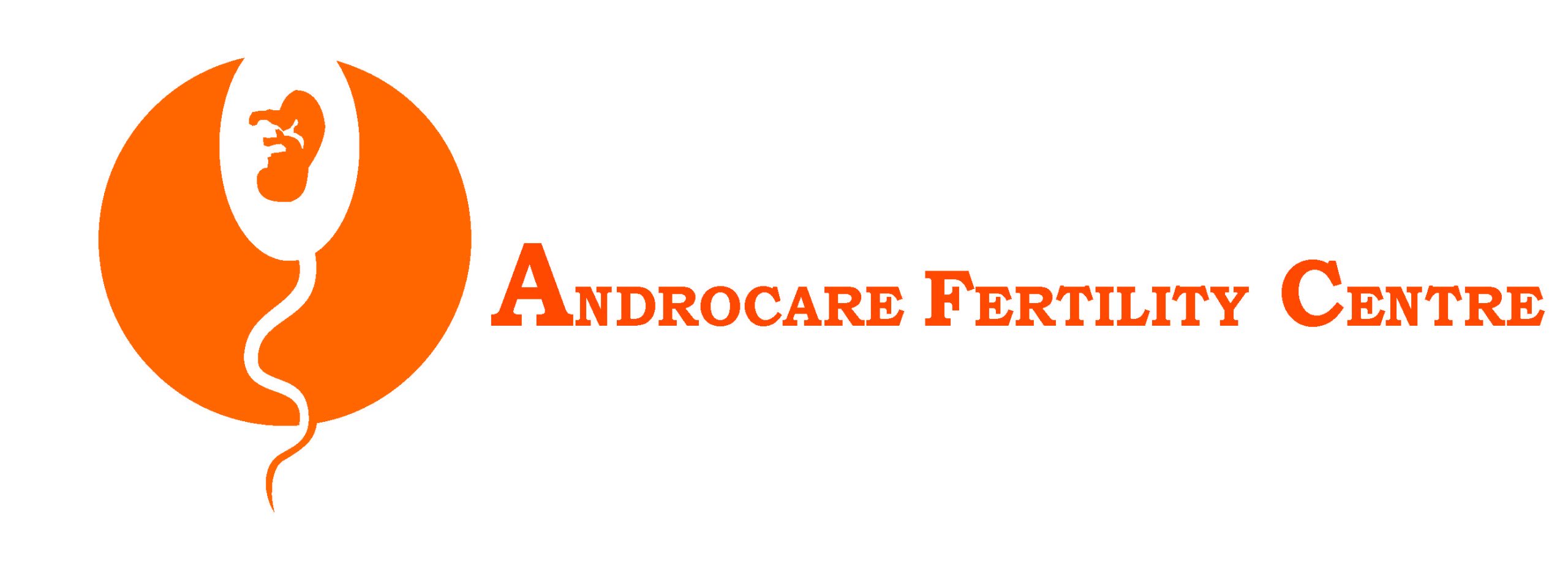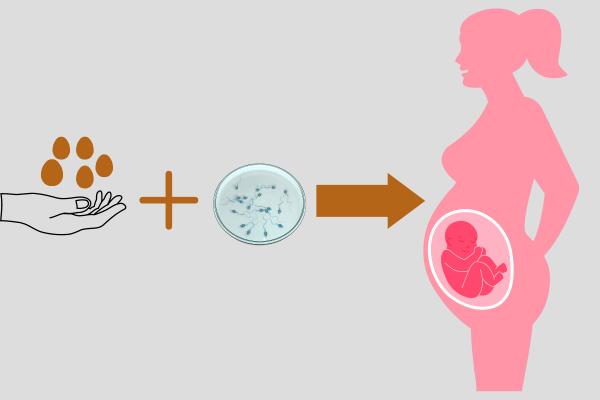The Ultimate Guide to Choosing an IVF Egg Donor
Introduction
Assisted reproductive technology offers hope to infertile couples through IVF egg donation. Assisted reproductive technology offers hope to infertile couples through IVF egg donation. Donor selection shapes parenthood, emphasizing biological connections and genetic heritage.
Decision-making involves reflection on personal values and trust in medical professionals.
Assisted reproductive technology offers hope to infertile couples through IVF egg donation. Donor selection shapes parenthood, emphasizing biological connections and genetic heritage. Decision-making involves reflection on personal values and trust in medical professionals.
Understanding the IVF Egg Donation Process
Before delving into the factors to consider when choosing an egg donor, it’s important to understand how IVF and egg donation work together. In vitro fertilization (IVF) is a procedure where eggs are retrieved from the intended mother or an egg donor and fertilized with sperm in a laboratory setting.
Following the creation process, the embryos are subsequently implanted into either the biological mother or a surrogate’s uterus.
When it comes to selecting an egg donor, there are different types available. Known donors are individuals who have personal relationships with the intended parents and willingly offer their eggs for use in IVF treatment.
On the other hand, anonymous donors may be found through reputable agencies or fertility clinics, where their identities remain confidential throughout the process.
Important Considerations When Selecting an Egg Donor
Choosing an egg donor is not a decision that should be taken lightly by intended parents. There are several factors that need careful consideration before making this important choice.
One crucial factor is finding an egg donor who aligns with your values and preferences regarding education level, hobbies, interests, and overall personality traits. It’s essential for both parties involved in this journey to feel comfortable and connected on various levels.
Another factor worth considering is whether you want your child to have access to information about their genetic background later in life or if you prefer complete anonymity for your chosen donor.
The Importance of Medical History in Egg Donor Selection
Medical history plays a vital role when selecting an appropriate egg donor as it provides valuable insights into potential genetic risks and health conditions that may be passed on to the child. Intended parents should carefully review the medical history of potential donors, looking for any hereditary diseases or conditions that could impact their future child’s well-being.
It is crucial to consider both the donor’s personal medical history as well as their family’s medical background. This information can help identify any potential risks and allow intended parents to make informed decisions about whether a particular donor is suitable for them.
Age and Fertility: How it Affects Egg Donor Selection
Age is an important factor when choosing an egg donor, as it directly affects fertility rates and the quality of eggs produced. Younger donors typically have a higher chance of producing healthy embryos with better success rates during IVF treatment.
While there isn’t a specific age range that guarantees success, most experts recommend selecting donors between the ages of 21-32 years old. However, it’s essential to remember that age alone does not determine egg quality or reproductive potential; other factors such as overall health and lifestyle should also be considered.
Ethnicity and Genetic Matching in Egg Donor Selection
Ethnicity and genetic matching are significant considerations for many intended parents when choosing an egg donor. Some couples may wish to find a donor who shares their ethnic background or has similar physical characteristics in order to create a sense of biological connection with their future child.
Fortunately, there are various options available for finding an egg donor who matches your desired ethnicity or genetic background. Many reputable agencies offer diverse databases where you can search for donors based on specific criteria such as race, ethnicity, or even physical traits like eye color or hair type.
Physical Characteristics and Egg Donor Selection
Physical characteristics are often taken into account by intended parents during the process of selecting an egg donor. While it is natural to desire certain physical traits in your future child, it’s important not to become overly fixated on appearance.
It’s crucial to remember that physical characteristics are only a small part of what makes a person who they are. Focusing too much on superficial attributes may overshadow the more important qualities that an egg donor can bring to the table, such as intelligence, kindness, or creativity.
Psychological Screening and Egg Donor Selection
Psychological screening is an essential step in the egg donor selection process. It helps ensure that potential donors are mentally and emotionally prepared for the journey ahead and have a clear understanding of their role in helping others build their families.
Psychological evaluations typically involve interviews with mental health professionals who assess the donor’s emotional stability, motivations for donating eggs, and ability to handle any potential emotional challenges that may arise during or after the process.
This screening helps protect both intended parents and donors by ensuring compatibility and reducing potential risks.
Legal Considerations in Egg Donor Selection
Intended parents must be aware of the legal considerations involved when choosing an egg donor. It is essential to consult with legal professionals experienced in reproductive law to navigate through this complex area successfully.
Legal agreements between intended parents and egg donors often cover issues such as parental rights, financial compensation, confidentiality clauses, future contact arrangements (if desired), and any other specific terms agreed upon by both parties. These agreements provide clarity and protection for all involved parties throughout the entire process.
Finding The Right Egg Donor Agency For Your Needs
Finding a reputable egg donor agency is crucial when embarking on your journey towards parenthood through IVF egg donation. Before choosing an agency for egg donation, it is crucial to conduct thorough research on various agencies.
Look for agencies with strong reputations within the fertility community, positive client testimonials or reviews online, transparent processes regarding donor selection criteria and medical screenings, as well as comprehensive support services throughout your entire journey. A trustworthy agency will prioritize your needs while providing guidance every step of the way.
For reliable and compassionate assistance in your egg donation journey, consider Androcare Fertility Centre. Our experienced team is dedicated to helping you find the perfect egg donor, ensuring a smooth and successful process. Get in touch now to kickstart your path to parenthood with assurance!
Conclusion
Selecting a donor egg entails a substantial choice that demands thoughtful evaluation of multiple factors. From medical history and age to ethnicity, physical characteristics, psychological screening, and legal considerations, each aspect plays a crucial role in finding the right match for intended parents.
It’s important to take your time during this process and not rush into any decisions. Remember that there is no one-size-fits-all approach when it comes to selecting an egg donor.
By thoroughly evaluating all the factors discussed in this article and working with reputable professionals , you can increase your chances of finding an egg donor who will help fulfill your dreams of building a family.

